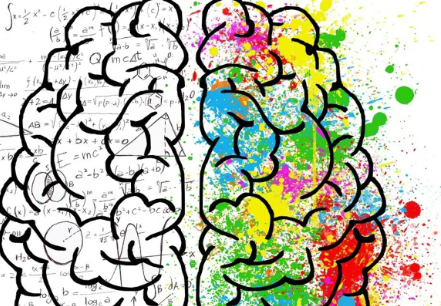
An area of the brain involved in decision-making may be directly impacted by a hunger hormone generated in the stomach, according to a recent study conducted by researchers at University College London (UCL). The mouse study, which was published in Neuron, is the first to demonstrate how an animal’s hippocampal activity can be affected by hunger hormones when it is considering food. As food has a different meaning depending on whether we are hungry or full, we all know that hunger can have a significant impact on our decisions, according to lead author Dr. Andrew MacAskill (UCL Neuroscience, Physiology, and Pharmacology). Think about how much money you might spend if you go grocery shopping without eating. But what seems like a straightforward idea is actually quite complicated.
“We found that a part of the brain that is crucial for decision-making is surprisingly sensitive to the levels of hunger hormones produced in our gut, which we believe is helping our brains to contextualise our eating choices.”
For the study, the researchers put mice in an arena that had some food and looked at how the mice acted when they were hungry or full while imaging their brains in real time to investigate neural activity. All of the mice spent time investigating the food, but only the hungry animals would then begin eating.